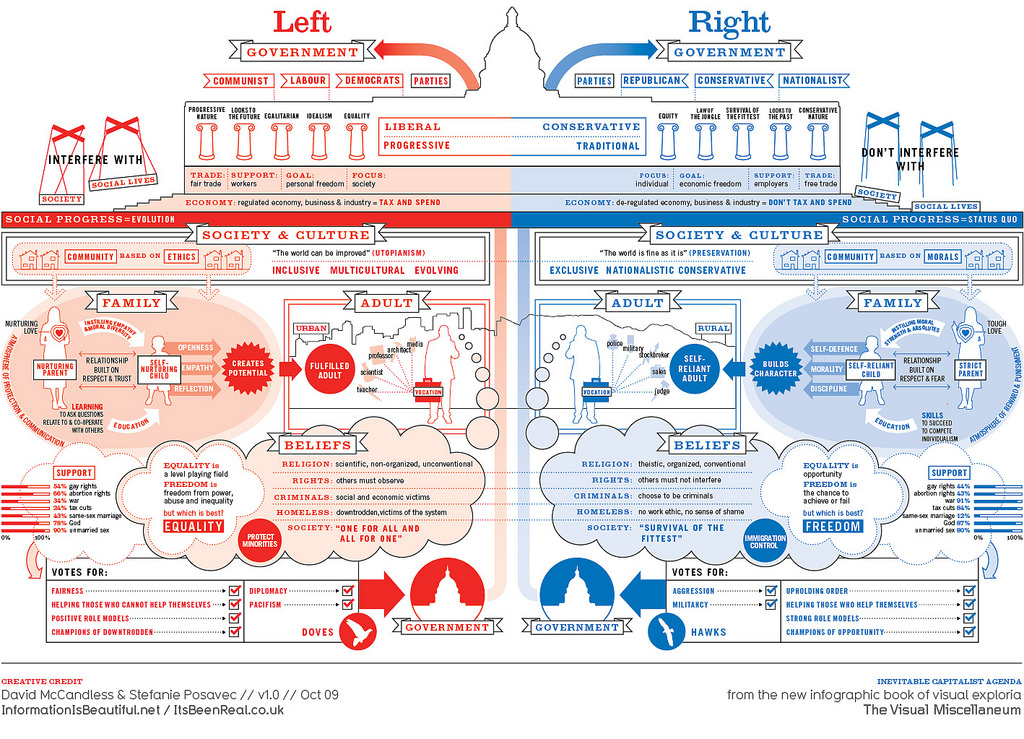
Political correctness is defined as the avoidance of certain expressions and actions that might offend those from minority groups. AISG, being an international school, has many students who come from countries that are considered minorities in Western culture. Since AISG is an international school, it is often thought that students and teachers are politically correct, do not generalize based on stereotypes, and do not make any sort of racist/sexist remarks, or remarks regarding one’s sexuality, gender identity, economic status, and so much more. However, this is not entirely true. Many students at this school make racist/sexist jokes, separate themselves by nationality, and often stereotype other students based on their race.
Political correctness is generally believed to be a good thing, although others may disagree, saying that it takes away certain freedoms, such as freedom of speech, since political correctness often forces people to self-censor their words. Many believe that political correctness has gone too far. What started as a campaign to be sensitive to others has seemingly turned into an obstruction of free speech. Some people fear that they will be treated harshly for using the wrong terms when describing someone. Often, people who are thought to be politically incorrect are labeled as ‘racist’, ‘sexist’, ‘homophobic’, or other terms that imply that one is being derogatory towards others. The terms have a negative connotation and can often ruin one’s reputation and are used quite casually. Many believe that people are being too strict with their definition of political correctness. According to a recent survey from Forbes, around 60 percent of people believed that political correctness was obstructing their freedom of speech, while only 38 percent wished that people would pay more attention and be mindful of what they are saying.
I wanted to compare this to a survey conducted at AISG. I sent out a survey, to which 69 students responded. At AISG, students can often be insensitive or make racist jokes. According to the survey, 93% of students have either heard or have made a racist or sexist joke. When asked about how these jokes make them feel, most students responded that they feel hurt, offended, and confused when others make racist or sexist jokes. One student said the jokes make them feel angry, saying, “I want to fight back and defend myself and the people I represent.” One student disagreed with this, saying that the jokes are just “mocking of stereotypes, not insults.” One person simply said, “they are usually unnecessary comments.” The general consensus seemed to be that these jokes are harmful and offensive; in fact, 59% of students said that they have felt offended by another student’s comments. Many believed that political correctness violated freedom of speech, and that, although the jokes are offensive, AISG should not censor student’s words. One student stated that political correctness violates freedom of speech, since “some people have honest opinions that might be offensive.” One student was concerned that, if AISG enforced political correctness more strongly, the school would “get more and more fake.” Overall, students seemed to agree that, while the jokes made are offensive, AISG should not enforce political correctness, since it violates freedom of speech.
Is AISG politically correct? No. Should we be politically correct? That’s the real question. Students at AISG often make jokes regarding racial and gender stereotypes. These can be perceived as harmless to some, but hurtful to others. Students should be mindful of what they say without forcing others to conform to their beliefs. AISG does not necessarily need to be politically correct, but needs to educate students on the right time and place to make jokes and the right time to be sensitive to others.
What do you think about political correctness? Should AISG be more politically correct? Post what you think below in the comments!